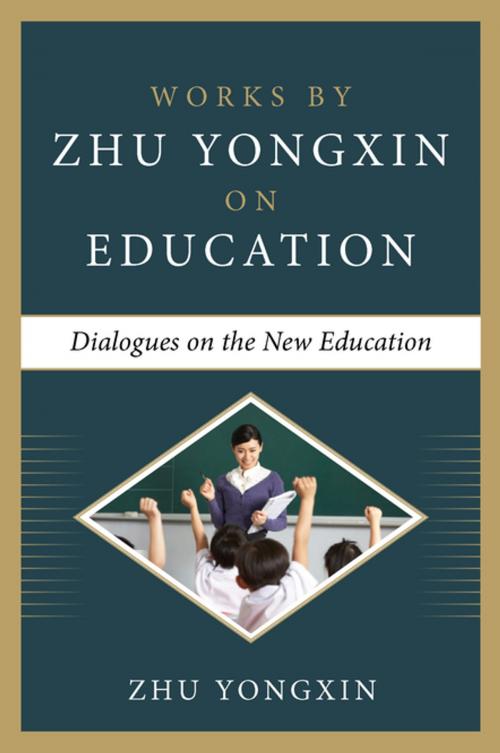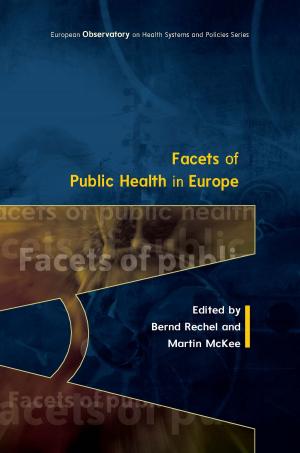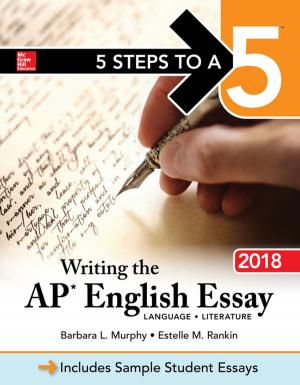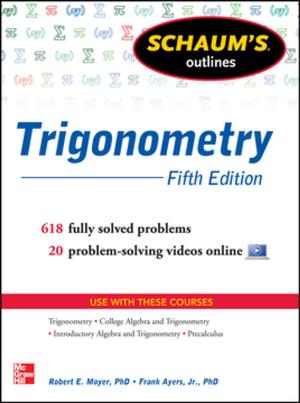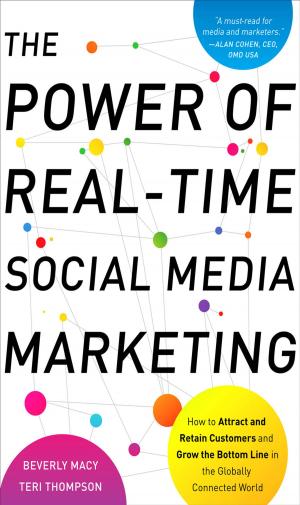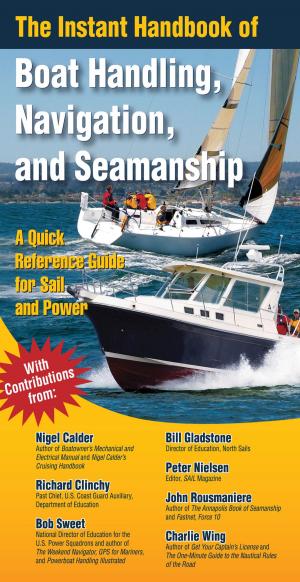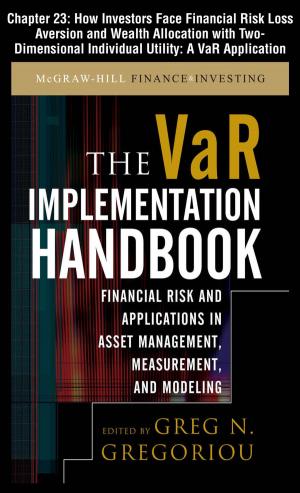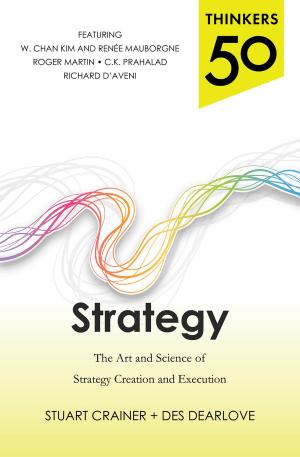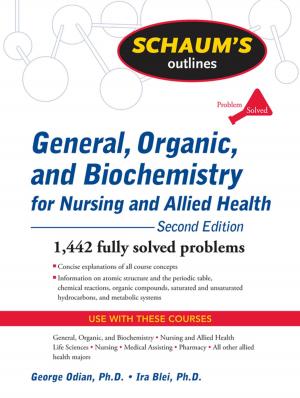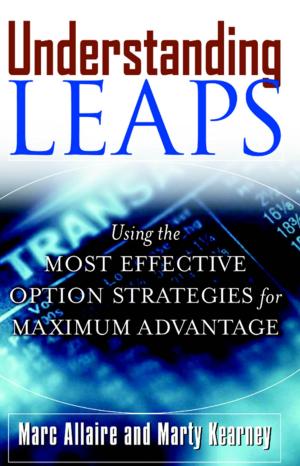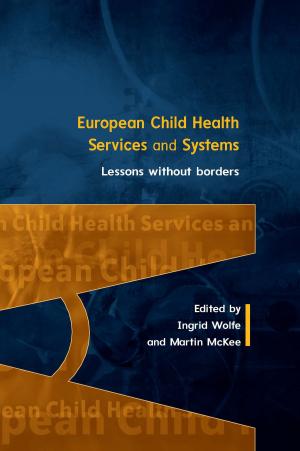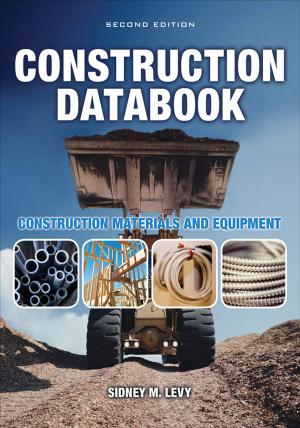Dialogues on the New Education (Works by Zhu Yongxin on Education Series)
Nonfiction, Reference & Language, Education & Teaching, Educational Theory, Aims & Objectives, Philosophy & Social Aspects, Business & Finance| Author: | Zhu Yongxin | ISBN: | 9780071848626 |
| Publisher: | McGraw-Hill Education | Publication: | January 9, 2015 |
| Imprint: | McGraw-Hill Education | Language: | English |
| Author: | Zhu Yongxin |
| ISBN: | 9780071848626 |
| Publisher: | McGraw-Hill Education |
| Publication: | January 9, 2015 |
| Imprint: | McGraw-Hill Education |
| Language: | English |
“The most important task of education is to teach children to be kind, to have a dream, and to possess the ability to learn.” --Zhu Yongxin
One of today’s leading education thinkers, Zhu Yongxin possesses a rare clarity about the purpose of education. Dialogues on the New Education is a collection of interviews with Professor Zhu on a wide array of important education issues.
These are truly dialogues. The interviewers are either highly qualified journalists or education experts. The result is more dynamic and informative than anything a typical question/answer format could provide. Dialogues on the New Education provides a level of insight into the subject you will find nowhere else. The 55 interviews in this book cover such topics as:
- The Educational Ideals of an Official and Scholar
- Being a Teacher as a Life-Long Identity
- The Foundational Ideas of the New Education Experiment
- Moral Education During Times of Social Transition
- The Importance of Education Research
- Promoting Humanism and a Reading-Focused Society
- The Critical Role of Parents in a Child’s Education
- Why Education Policymakers Should Listen to the Public
“Education should cultivate not only innovative talents and scientists but also applied skilled workers,” Yongxin writes. “But what’s more critical is to turn our students into qualified citizens.”
“The most important task of education is to teach children to be kind, to have a dream, and to possess the ability to learn.” --Zhu Yongxin
One of today’s leading education thinkers, Zhu Yongxin possesses a rare clarity about the purpose of education. Dialogues on the New Education is a collection of interviews with Professor Zhu on a wide array of important education issues.
These are truly dialogues. The interviewers are either highly qualified journalists or education experts. The result is more dynamic and informative than anything a typical question/answer format could provide. Dialogues on the New Education provides a level of insight into the subject you will find nowhere else. The 55 interviews in this book cover such topics as:
- The Educational Ideals of an Official and Scholar
- Being a Teacher as a Life-Long Identity
- The Foundational Ideas of the New Education Experiment
- Moral Education During Times of Social Transition
- The Importance of Education Research
- Promoting Humanism and a Reading-Focused Society
- The Critical Role of Parents in a Child’s Education
- Why Education Policymakers Should Listen to the Public
“Education should cultivate not only innovative talents and scientists but also applied skilled workers,” Yongxin writes. “But what’s more critical is to turn our students into qualified citizens.”
